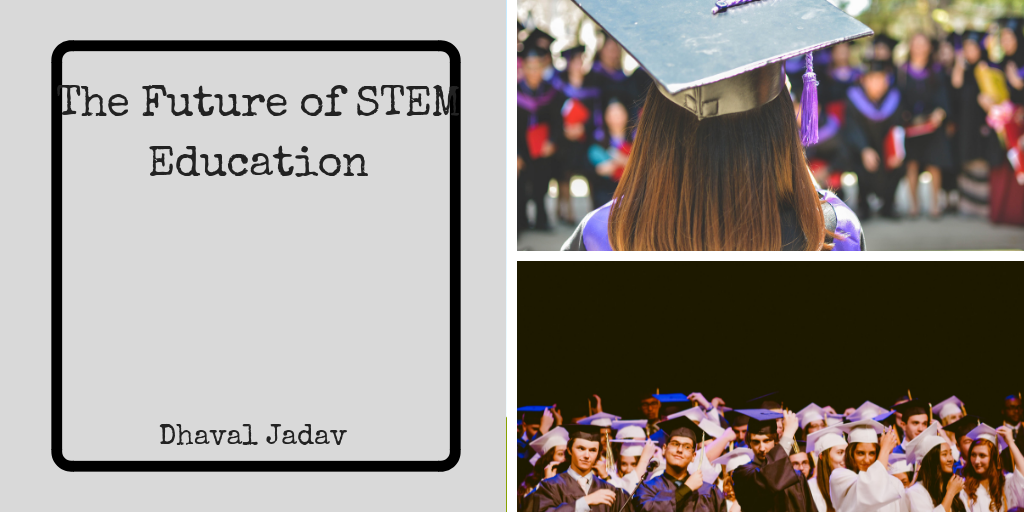It’s no real secret that science and technology represent the future of labor. As engineers, developers, and technicians increasingly become the backbone of American business, the market is seeing a nigh unquenchable demand for workers with a meaningful technical education. STEM education is a necessity for the future of the world, but the STEM curriculum in the American education system isn’t necessarily keeping pace with demand. Fortunately, educators are taking steps to ensure that our students are prepared to meet the demand for STEM jobs.
A big part of these initiatives is coming from private companies. That should come as little surprise. If there isn’t a workforce equipped to meet the demands of employers, their businesses are certain to underperform. One particularly worthwhile initiative comes in the form of Sony’s KOOV Educator Kit. Designed for use in classrooms, this kit emphasizes the sort of collaborative problem solving that’s essential in modern tech-based workplaces, and it folds physical robotics design and coding into one package. Students can learn the fundamentals of hardware and software development in a format that’s designed to be inherently fun. Over 50 hours of content are included in the kit, and it comes accompanied with a number of materials that educators, who may not be well versed in the technology, can use to guide their students through the entirety of the coursework.
Then there’s UL Xplorlabs. Specifically designed to challenge students operating at a middle school level, Xplorlabs offers a rather comprehensive approach to STEM learning that leverages a smart combination of different formats to achieve results. Hands-on classroom activities and collaborative experiences are combined with interactive videos and instructional guides that help students both in the classroom and at home. It’s a format more expansive in scope than Sony’s own attempts. Its modular structure allows educators and students to focus on activities that meet their needs, but underpinning the entire experience is a commitment to using the scientific method to create sharper and more logical minds. Additionally, companies such as alliantgroup, have developed different scholarships and local initiatives to help get students involved in the STEM industry, and contribute to the growth of STEM education.
Ultimately, it’s going to be the fundamentals rather than the particulars that matter the most. Whether students are learning through the use of chemistry kits or robotics kits, healthy curiosity and a commitment to rational and practiced thought are the fundamentals of all STEM jobs. With the demand for STEM-related jobs related to hit 9 million by 2022, good education is imperative, but these smarter and more sophisticated methods for learning offer a promising start for the future of education.

